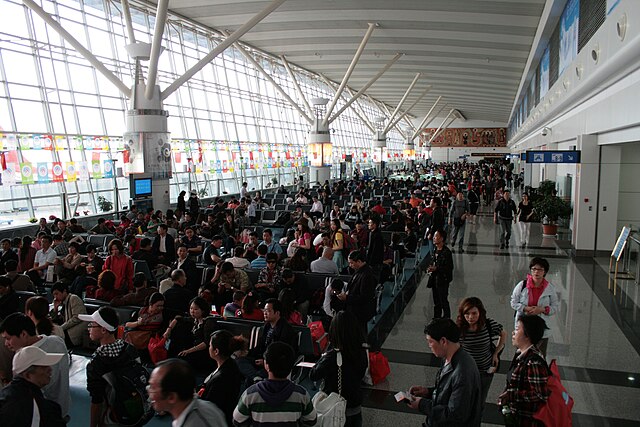China’s recent Spring Festival holiday witnessed a remarkable resurgence in travel, marking a 280% surge compared to the previous year with 13.52 million inbound and outbound trips. This translates to a daily average of 1.69 million journeys, bringing travel close to 90% of pre-pandemic levels.
While the tradition of family reunions remains deeply ingrained, with 45% of trips involving families, the extended holiday period fueled a fascinating new trend: younger generations are increasingly blending family visits with leisure getaways. This innovative approach demonstrates a desire to balance tradition with exploration, showcasing the evolving desires of Chinese travelers.
Popular destinations reflected this shift, with Beijing, Xi’an, and the Greater Bay Area attracting both family reunions and independent travelers seeking cultural immersion. Additionally, Southeast Asian countries, particularly those offering visa-free entry for Chinese nationals, became sought-after outbound destinations, highlighting a growing appetite for international exploration.
This travel boom doesn’t just signal a return to normalcy; it indicates the potential for continued growth in the tourism sector in 2024. Experts predict over 6 billion domestic trips and a staggering 260 million total travelers, suggesting a year of vibrant exploration and economic revival. This optimistic outlook is fueled by pent-up demand, favorable visa policies, and innovative travel patterns driven by younger generations.
As China’s travel sector rebounds, it’s poised to become even more diverse and dynamic. Expect to see continued growth in family-oriented travel, alongside an increase in solo and group trips geared towards adventure, cultural immersion, and unique experiences. This evolution will be driven by both domestic and international destinations, each tailoring their offerings to cater to the evolving desires of Chinese travelers.
The Spring Festival travel surge marks a pivotal moment, not just for the tourism industry but also for the aspirations of Chinese society. It signifies a yearning for connection, exploration, and the creation of lasting memories. As travel resumes and evolves, it’s likely to play an even greater role in shaping the cultural landscape and personal fulfillment of China’s citizens.


Leave a Reply
You must be logged in to post a comment.